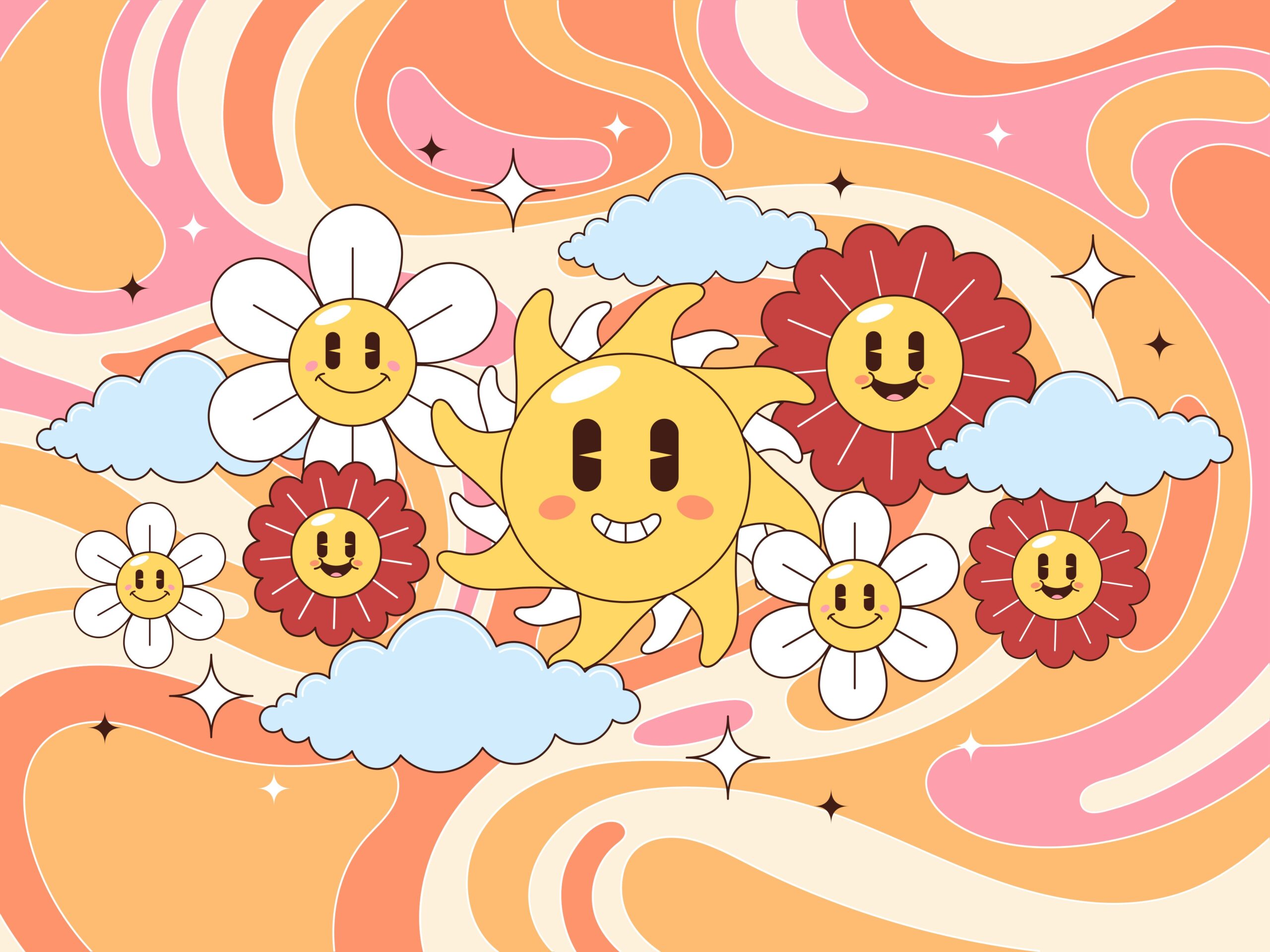 Beatmaking Tips
Beatmaking Tips I am a beatmaker. Teach me how to input MIDI from a hummed melody.
Converting a hummed melody into MIDI data generally involves the following steps:
 Beatmaking Tips
Beatmaking Tips 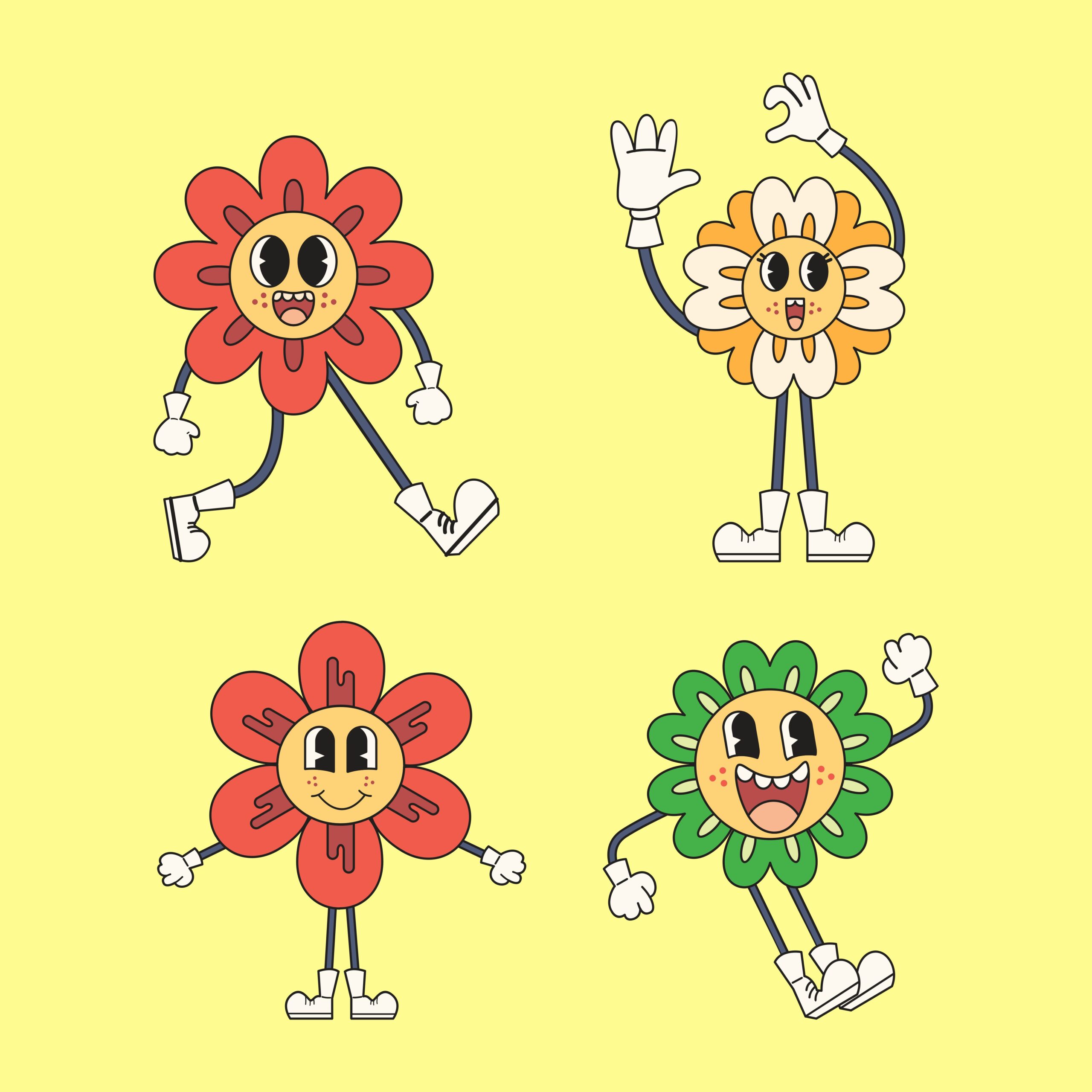 Beatmaking Tips
Beatmaking Tips  Beatmaking Tips
Beatmaking Tips 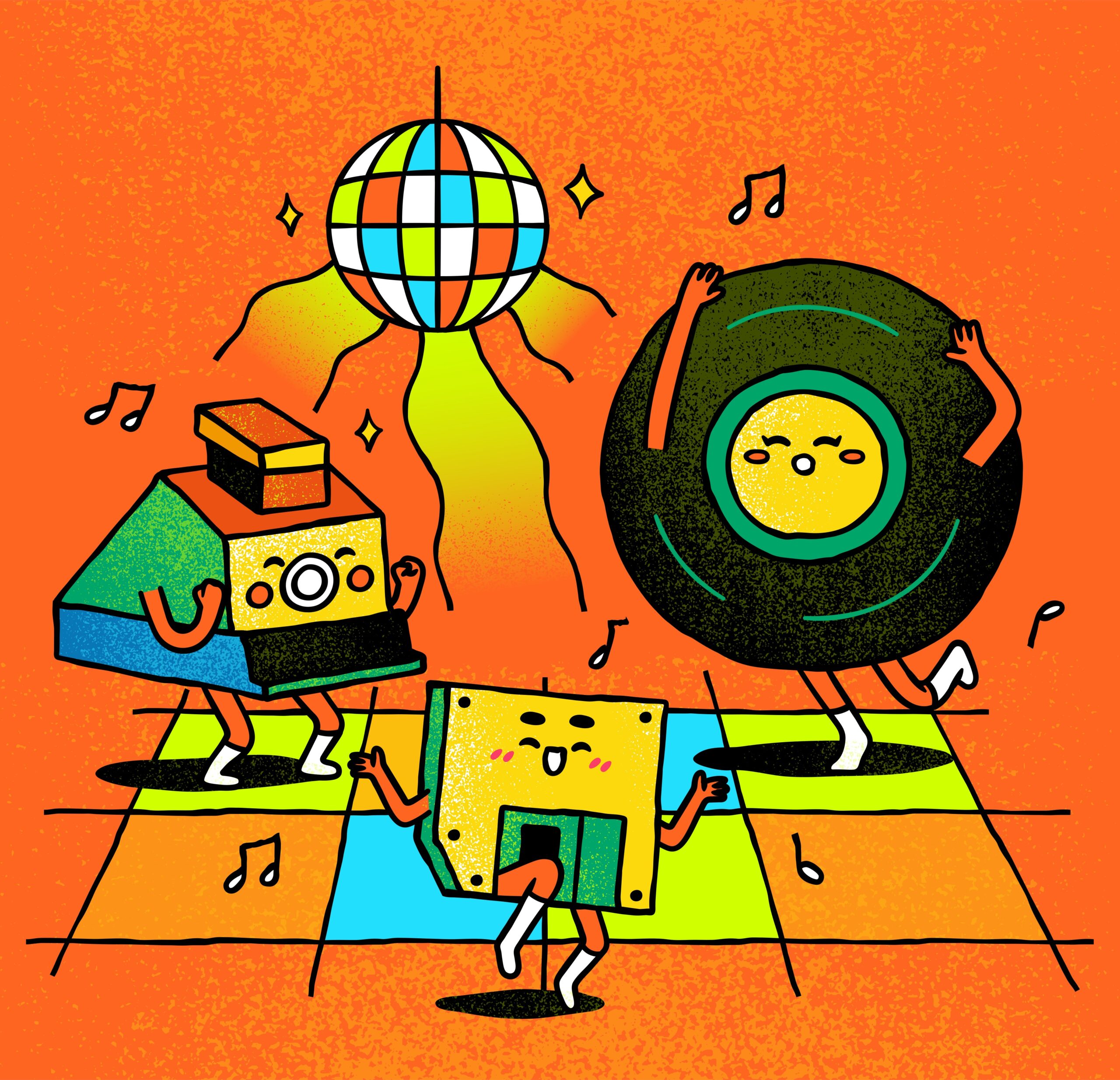 Beatmaking Tips
Beatmaking Tips 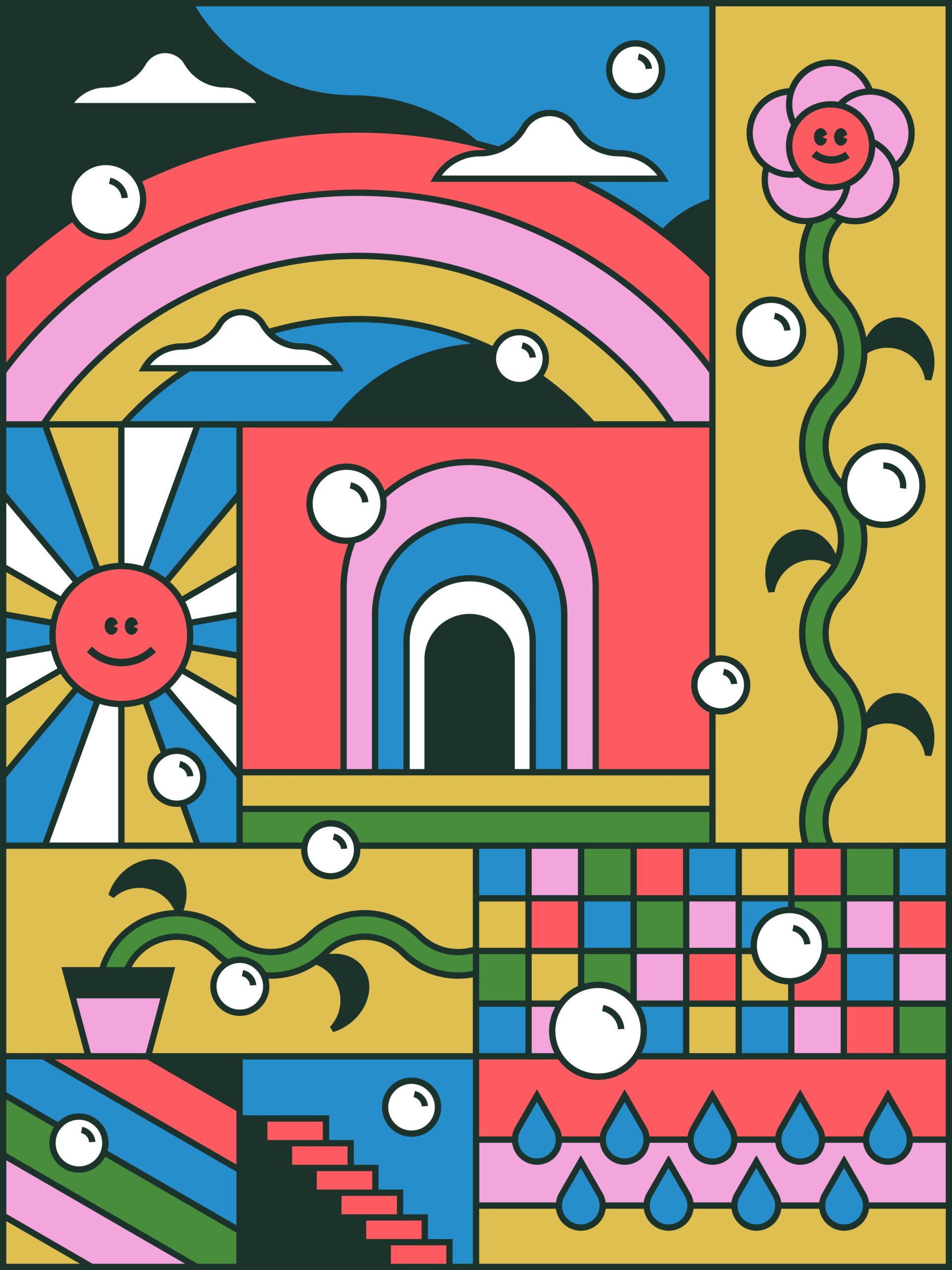 Beatmaking Tips
Beatmaking Tips 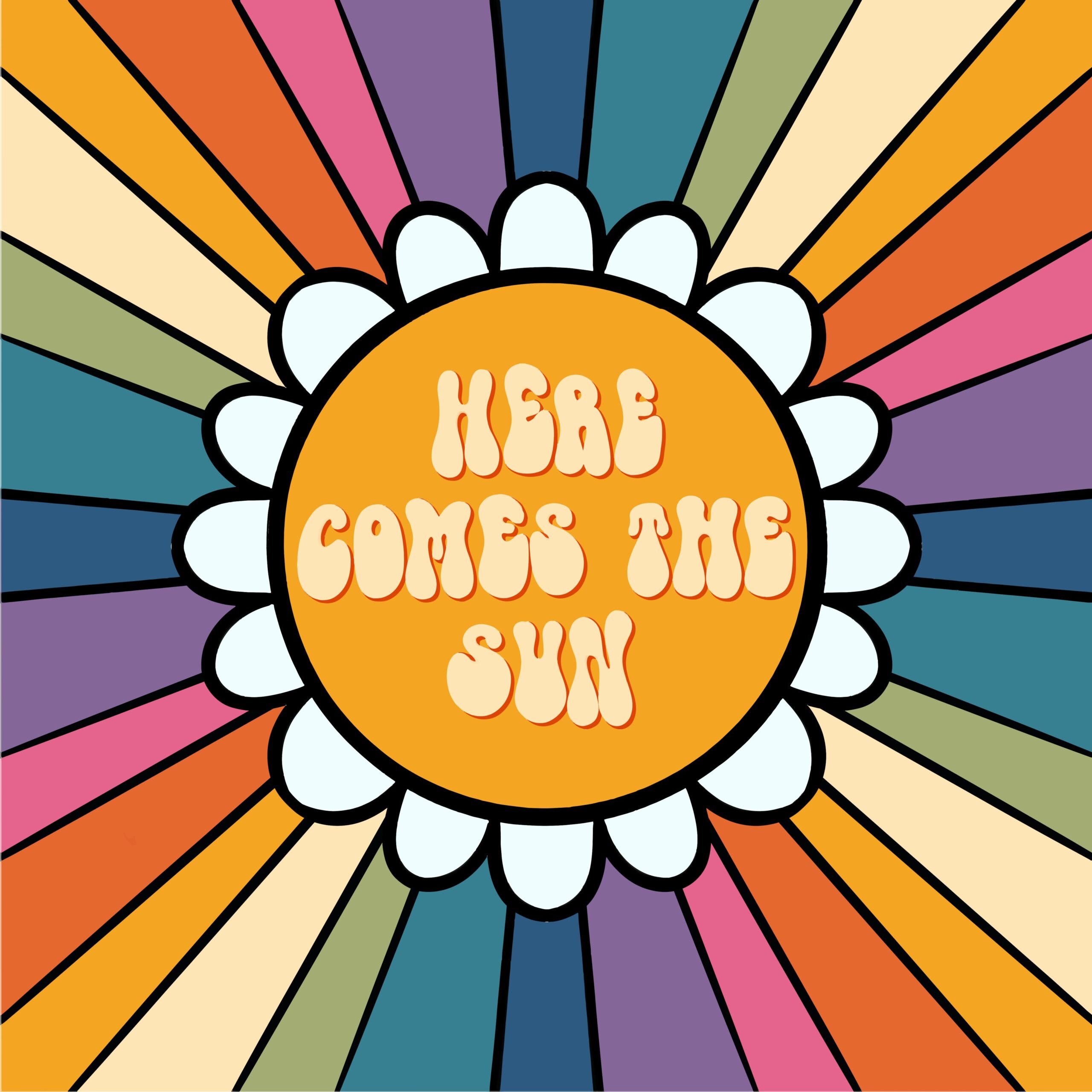 Beatmaking Tips
Beatmaking Tips 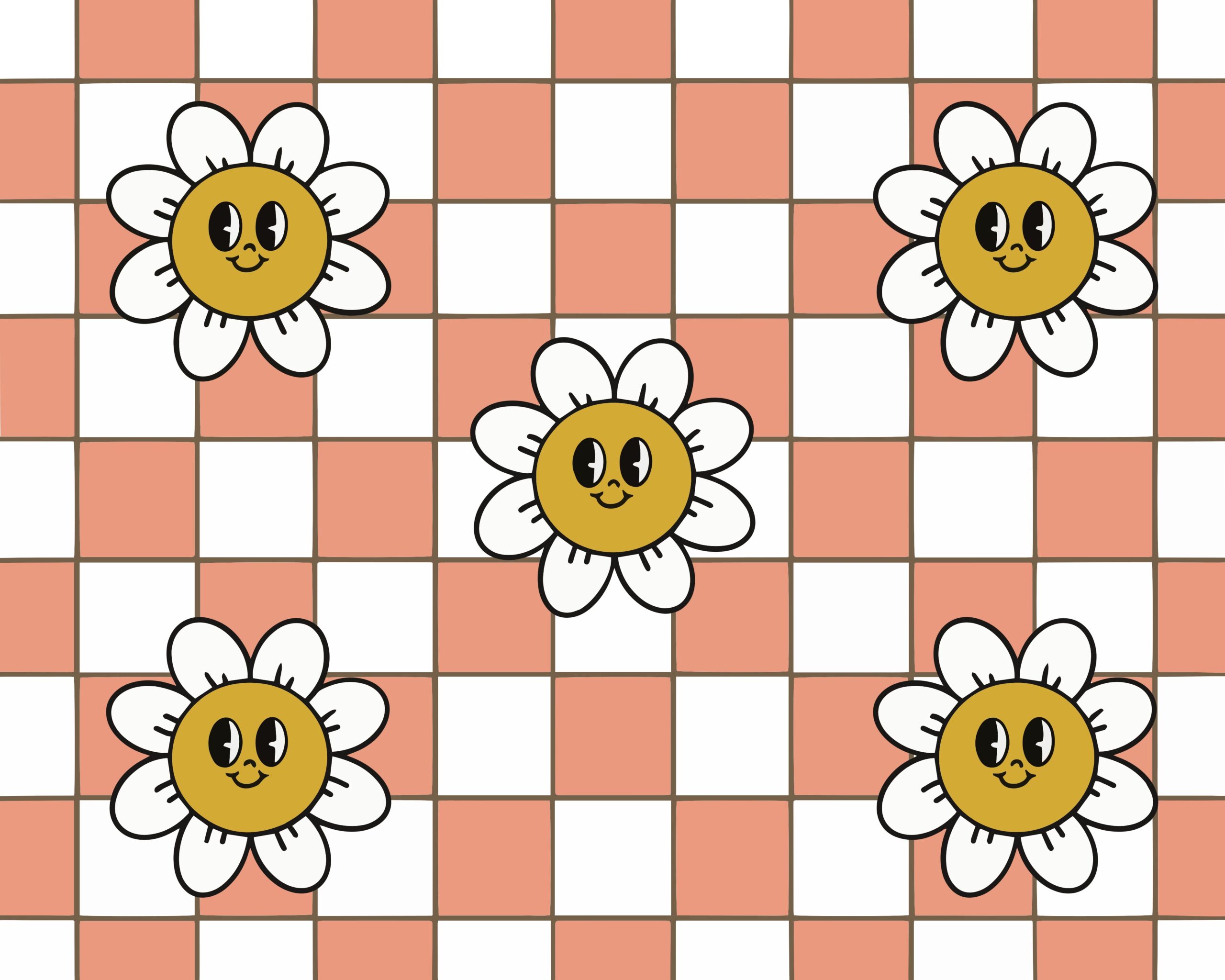 Beatmaking Tips
Beatmaking Tips 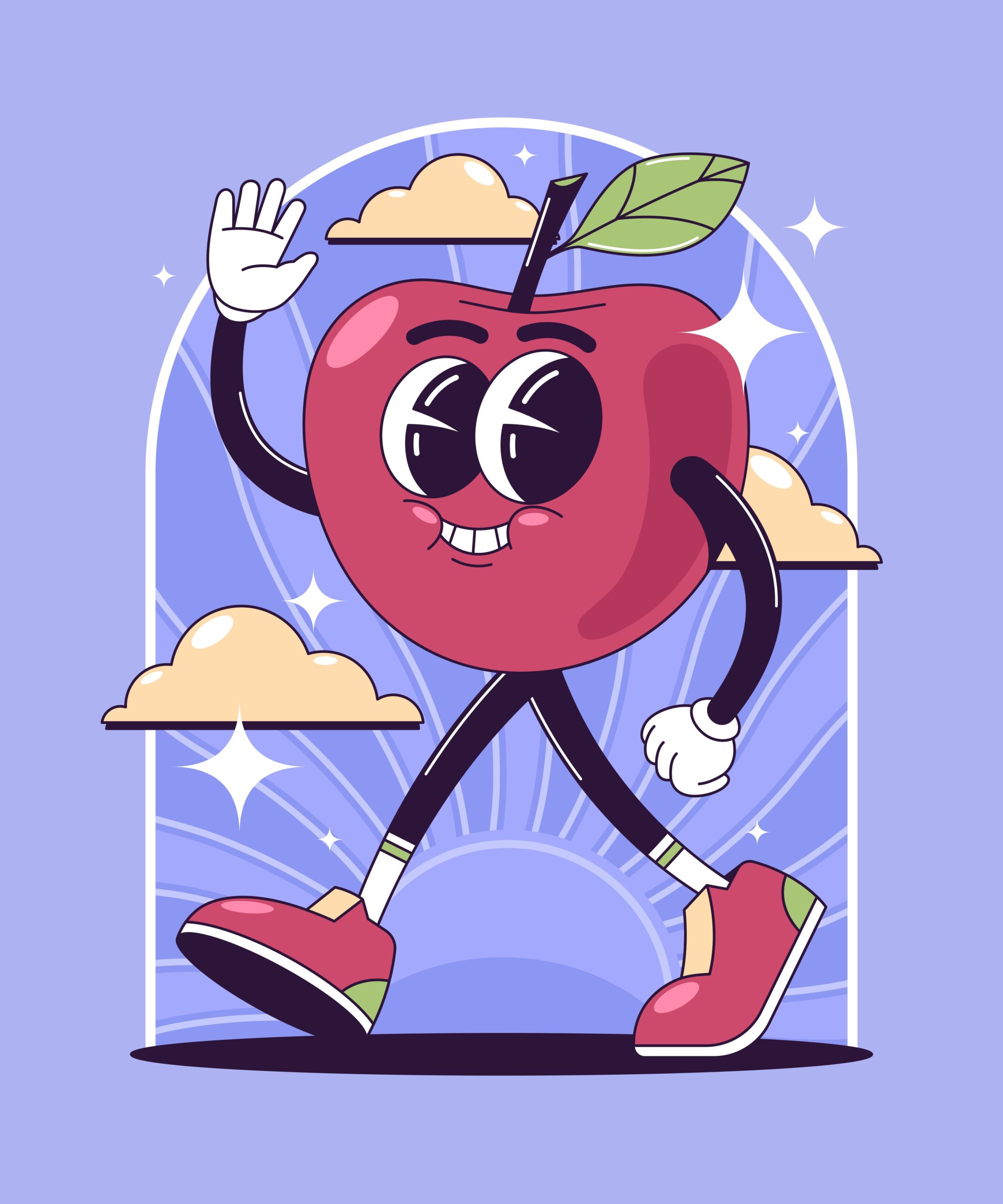 Beatmaking Tips
Beatmaking Tips 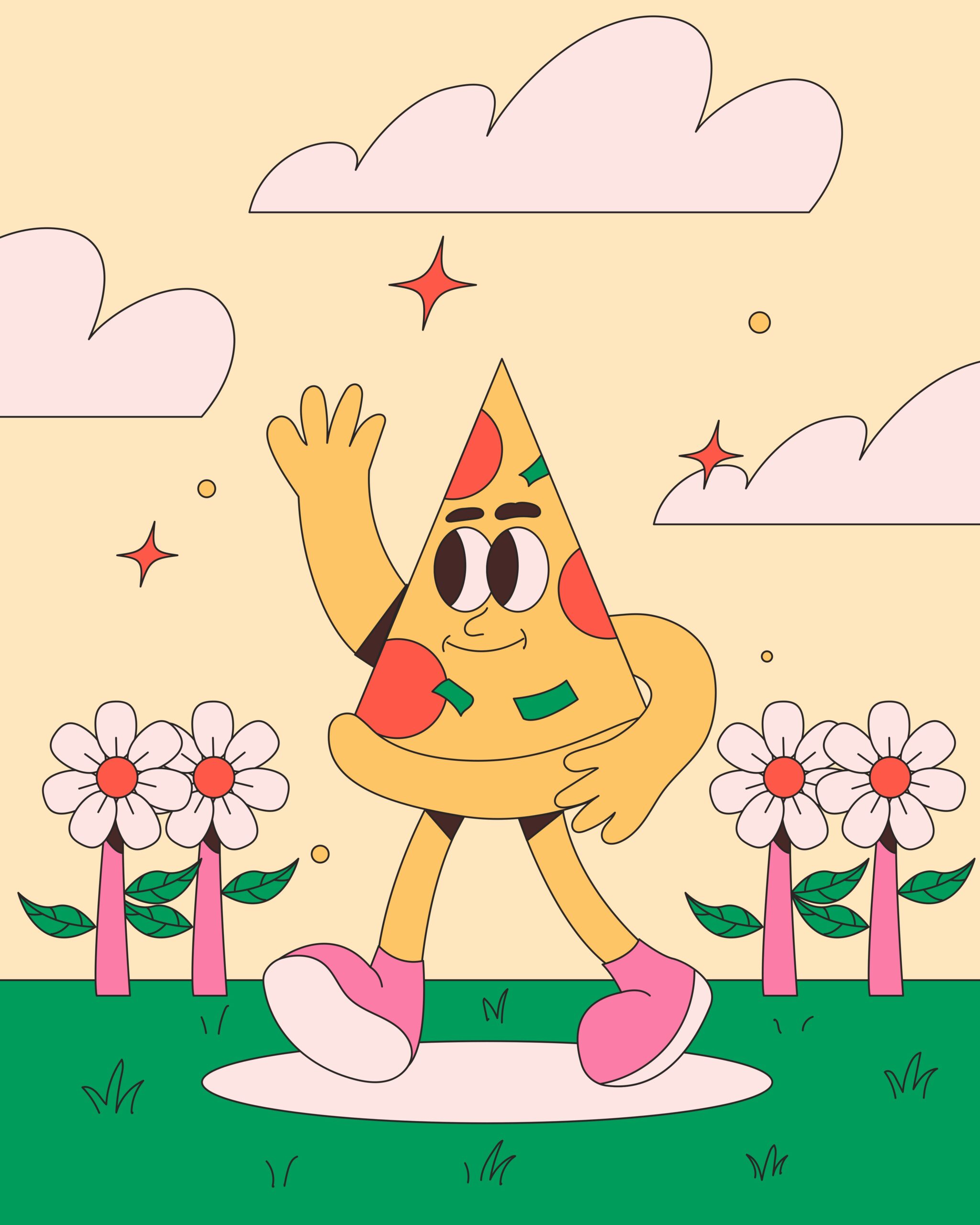 Beatmaking Tips
Beatmaking Tips 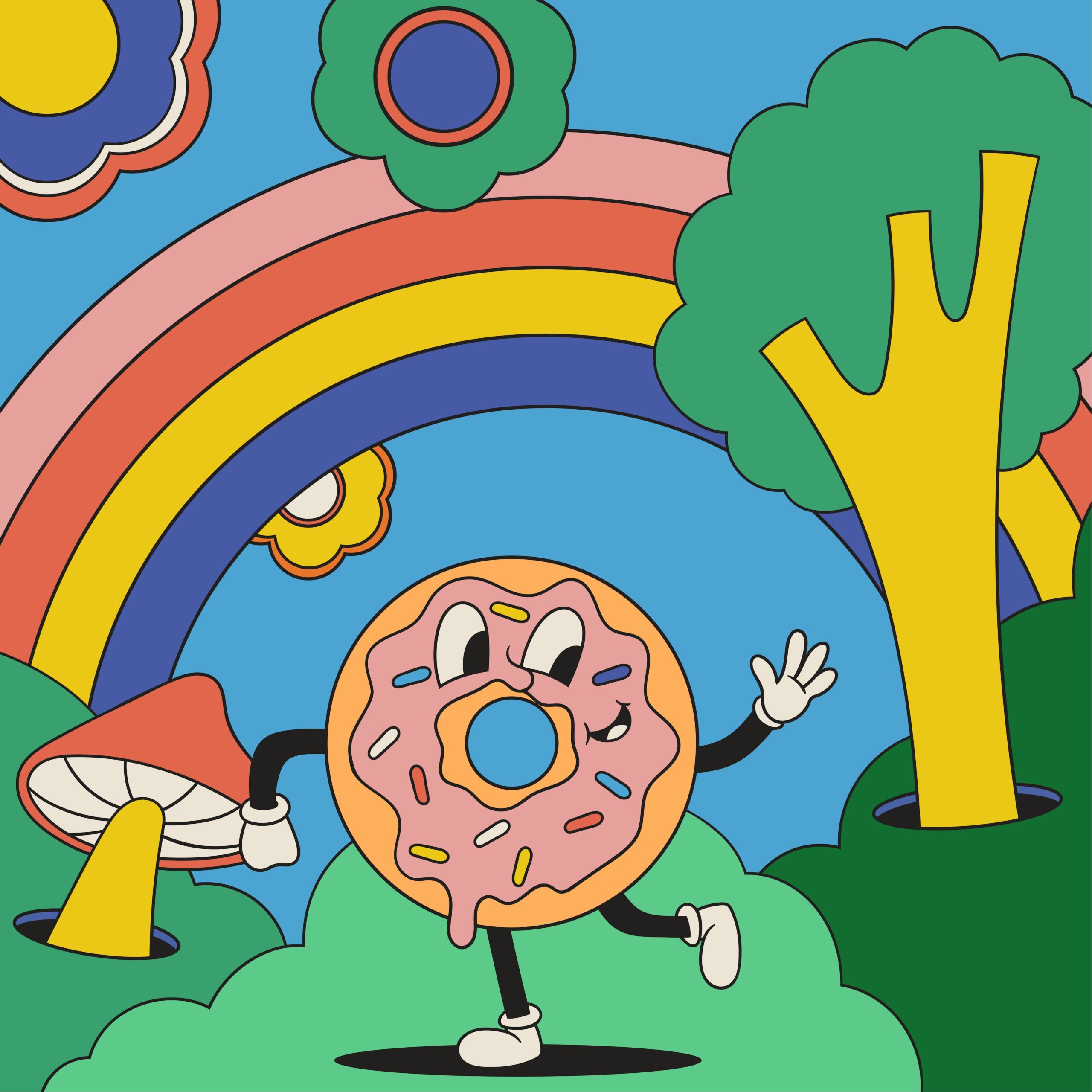 Beatmaking Tips
Beatmaking Tips